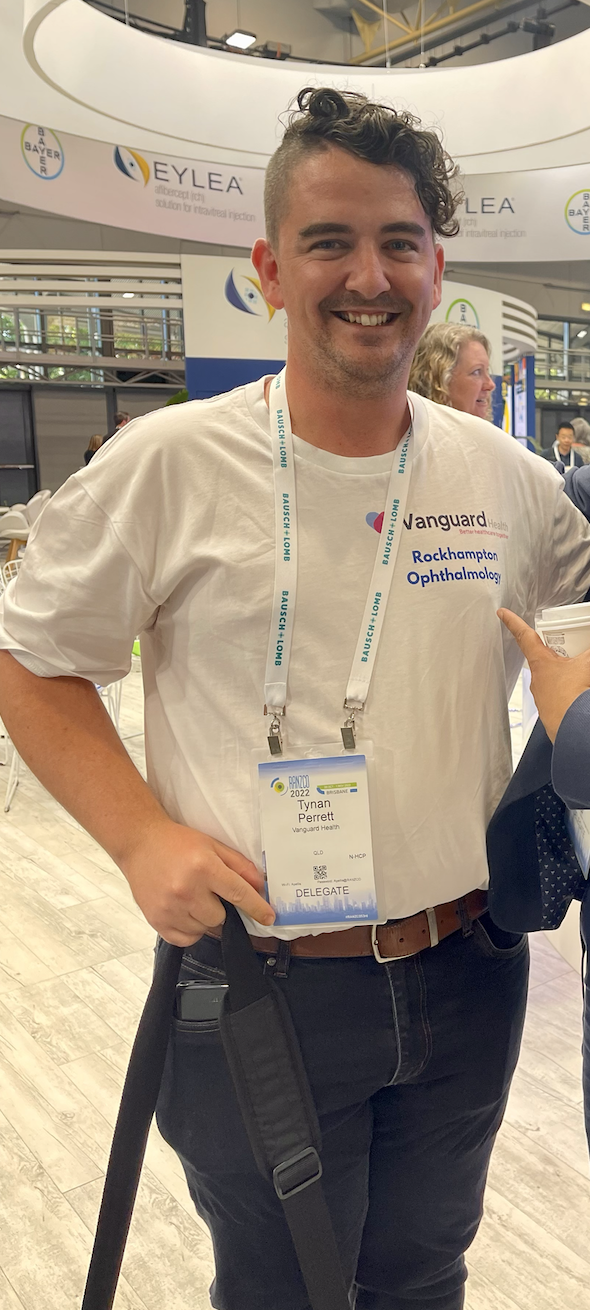Can you describe a typical day in your role as a program manager for coordinating rural health services in Central Queensland?
As a program manager my typical day varies. My role can be broken down into 2 portfolios.
1. “Service Delivery” – My aim in this space is to enhance the service to allow the Visiting Doctor’s to do what they do best, that being consulting and treating patients. This involves communication with various stakeholders and patients throughout the day to allow the smooth running of the service. This is achieved by coordinating and keeping track of the day. Early mitigation of any potential issues whether that be equipment availability, time constraints or travel/logistical delays are at the forefront of mind and dealt with swiftly so that stakeholders and patients’ expectations are exceeded. This also gives the Visiting Doctor’s peace of mind to continue providing exceptional services to the patient. Read more about our services we provide here.
2. “Administration” – This component is planning and coordinating stage. This is crucial that this is done effectively to enable our Visiting Doctor’s when available to participate minimal forethought, just jump in a car and go! Early stages of coordination of the program begin with strategic planning. This involves long-term planning by analysing data and KPI’s to ensure initial planning is on track to meet target as well as meet the customer’s needs. Other administrative tasks are coordinating itineraries, reporting and analysing data to make sure that the program is meeting all milestones. Throughout the programs lifecycle issues often arise, which is why it is imperative as a group to have adept problem-solving skills.Through quality improvement we are able to continuously adapt and stay on task and work through any challenges that arise.
What are the unique challenges you face when coordinating services in rural locations compared to urban settings?
Coordinating services in rural locations present a different set of challenges. Firstly, limited travelling options means that atypical day for our visiting Doctor’s involve waking up at 4am and returning home to their families at 8pm. With a FIFO model it is imperative that you have systems in place to enable a comprehensive service and are surrounded by a good team who understands the time constraints. Limited access to collaborated subspecialty services means that we are reliant on the great works of the local teams to coordinate and update the Visiting Doctor’s regarding updates to a patient’s referral to another specialty service, pathology and any other testing that can’t be performed and reviewed on the day of activity.
What motivated you to specialise in coordinating services in rural areas, and what do you find most rewarding about working in rural health?
I grew up in the country and moved to a rural location in high school. The motivation behind specialising in health program managing is being a part of the solution in bringing the service to the patient.
- Facilitating the deliverance of quality rural healthcare locally to people in the community and surrounds without the need to travel to the city is rewarding.
- Knowing that the local community have the some of the same access to healthcare to those that live in an urban setting is rewarding.
Having experienced firsthand the need to travel to the city to access healthcare services as a consumer resulted in days off work, additional expenses in food and travel, and not having your whole support network around to help you through the health challenges. While appreciating some of our patients still need to travel hours by car to access the healthcare services, the burden is lessened by centralising our rural health services in Central Queensland.
Looking to the future, what are some developments or improvements you hope to see in the way rural health services are arranged and conducted in rural areas?
Looking to the future, I am passionate about bringing more specialised services to areas in need nationally, particularly in rural communities. Vanguard Health's Model of Care enables the opportunity to pursue this task. By implementing innovative models of care, leveraging technology, and collaborating with healthcare providers, Vanguard Health's approach can help bridge the gap in healthcare access and improve outcomes for rural Australian’s. I hope for a future where rural communities have access to a comprehensive range of specialised services. Through Vanguard Health's model, we can improve healthcare in rural communities by providing high quality, patient focused care closer to home, ultimately contributing to better health equity. Read more about Vanguard Health's Model of Care here.


